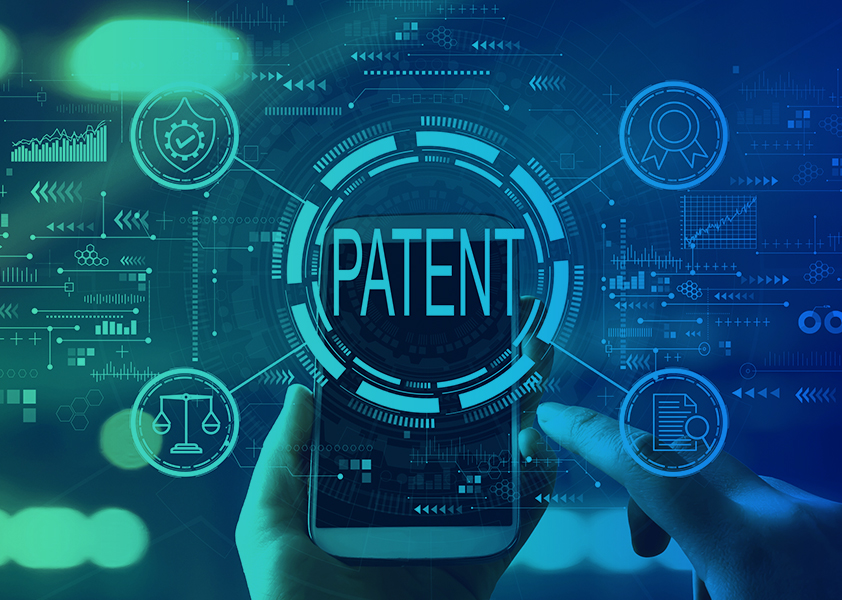
The Protocol to the Agreement on a Unified Patent Court on provisional application (the PAP-Protocol) was initially signed on 1st October 2015 to establish a Phase of Provisional Application (PAP) to ensure « a smooth transition into the operational phase and ensure the proper functioning of the Unified Patent Court before the entry into force of the Agreement on a Unified Patent Court ».
This text is pivotal in the UPC for the practical preparation that is required to run the Court but also in terms of timing for anticipating the actual date of implementation of the Unified Patent Court Agreement (UPCA).
1. The preparatory work
The provisional application of the UPCA only concerns the institutional, oraganisational and financial provisions of the Agreement and is « limited to what is strictly necessary to ensure the smooth transition into the operational phase » (last Considering of the Protocol).
- Practically, the preparatory work includes a wide range of practical arrangements, such as :
- the set up of the IT system of the Court,
- the completion of the Case Management System,
- adoption of the Court’s budget ;
- the recruitment of the staff, including selection and appointment of the Judges, and,
- last but not least, the settlement of the premises for the Court of first instance (local, regional and central divisions in contracting states) and the Court of Appeal in Luxembourg.
The preparatory Committee reckoned that approximately 8 months are required to conclude the preparatory work needed to be done during the provisional phase.
2 . The entry into force of the Protocol
The mechanism is established in Article 3(1) of the Protocol which establishes that the Protocol will enter into force only after both the UPCA and the Protocol have been ratified by « 13 Signatory States of the UPCA including Germany, France and the United Kingdom ».
2.1 The conditions for ratification of the Protocol
The paragraphs a and b of Article 3(1) of the Protocol define two alternative conditions for the entry into force of the Protocol, and namely:
(a) either the Protocol can be « signed in accordance with Article 2(2)a. or signed, and ratified, accepted or approved this Protocol in accordance with Article 2(2)b.; or
(b) the Signatory States “declared by means of a unilateral declaration or in any other manner that they consider themselves bound by the provisional application of the articles of the Unified Patent Court Agreement mentioned under Article 1 of the Protocol.
As of today, 12 states have ratified the Protocol : France, Belgium, Bulgaria, Denmark, Estonia, Finland, Italy, Luxembourg, the Netherlands, Sweden, and lately Germany and Slovenia). Austria and Malta are expected to be the next ones and may be expected for the end of the year.
2.2 The situation of the United Kingdom
Following the Brexit and the withdrawal from the European Union, the UK withdrew from the UPCA in July 2020.
In addition to the issue of the location of the Central division to replace the London section (A.7 and Annex II of the UPCA), this withdrawal is also problematic for the interpretation of Art. 3(1) of the Protocol which mentions the ratification of the United Kingdom, although it is now out of the system.
The UPC Preparatory Committee established an authentic interpretation of Art. 3 of the Protocol, where « Art. 3 of the Protocol is to be interpreted as mirroring Art. 89 of the UPCA » (Declaration on the authentic interpretation of Art. 3 of the Protocol, yet to be signed).
A.89 UPCA defines the date of entry into force of the Agreement, based on 13 ratifications including « the three Member States in which the highest number of European patents had effect in the year preceding the year in which the signature of the Agreement takes place ».
Replacing the UK under this construction, Italy has already ratified both the Agreement and the Protocol allowing reconciliation of the wording of the Protocol with the withdrawal of the UK.
2.3 The situation of Germany
Following the action that was introduced before the German Federal Constitutional Court, an order (dated 23 June 2021) eventually cleared the way for Germany to participate in the UPCA.
Germany thus ratified the Protocol on 27 September 2021. However, Germany has not yet ratified the UPCA : It has been agreed that Germany will act as a « gatekeeper » and will only ratify the Agreement when it is clear that the UPC will be operational upon the entry into force of the UPCA.
3. The entry into force of the UPC
Assuming the Protocol enters into force early 2022, the preparatory work should be completed for fall 2022.
Before the actual running of the UPC, a three months period is first allocated for allowing patentees to opt out their European patents from the UPC jurisdiction (« sunrise period »).
Under this tentative timeline, the UPC could then be opened for business by end 2022.

